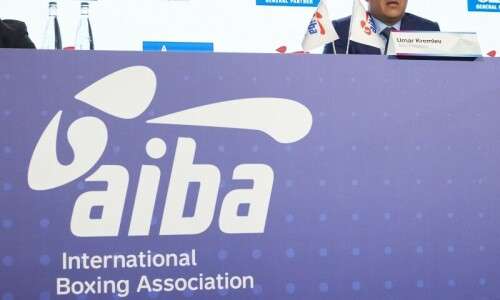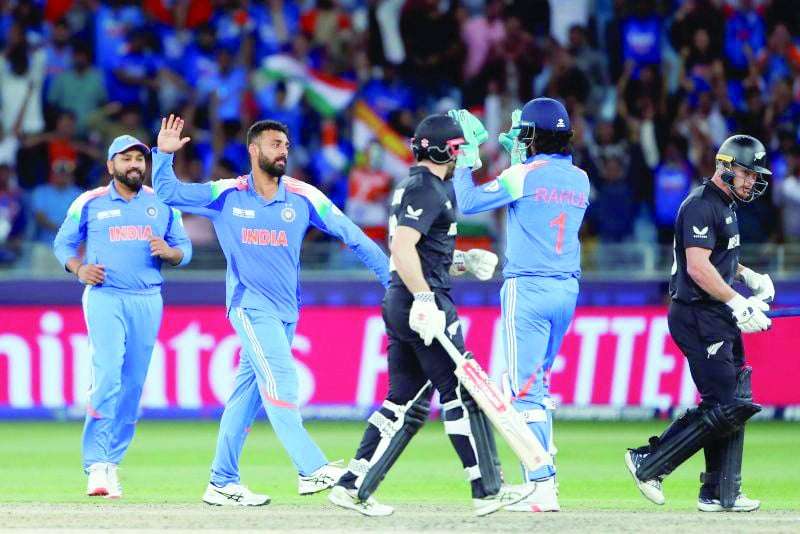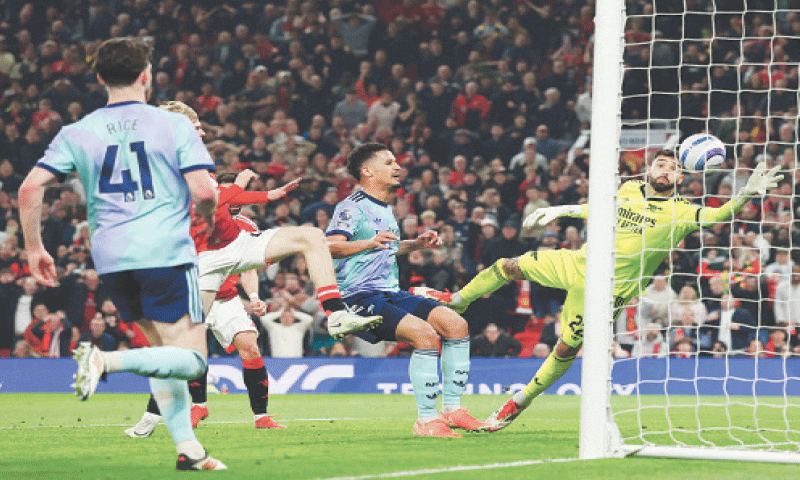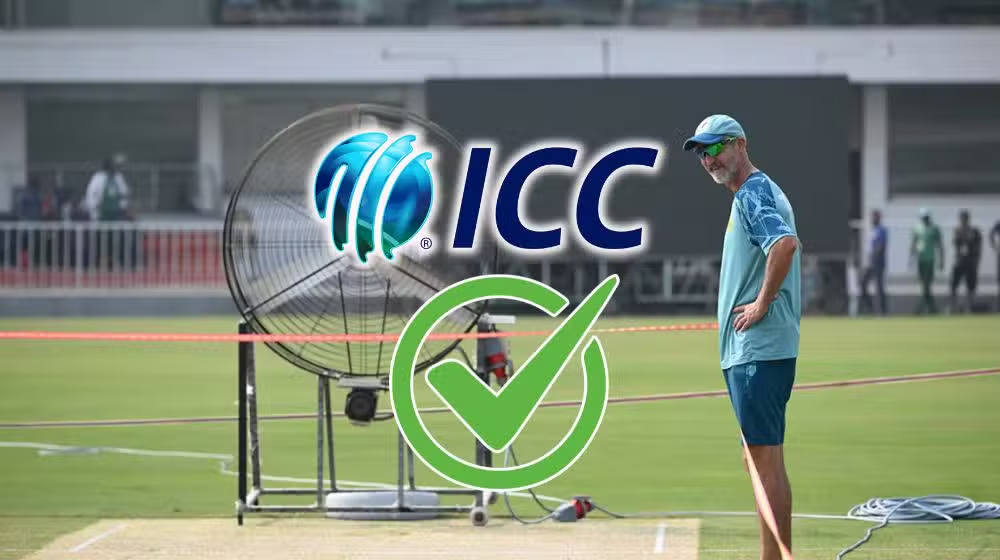Introduction
In a significant development in the world of boxing, World Boxing has formally endorsed the creation of a new Asian confederation aimed at representing and promoting the sport across the region. This new body is not affiliated with the Russian-led International Boxing Association (IBA), marking a strategic step towards diversifying the management and governance of boxing on a global scale.
The Creation of the New Confederation
The announcement, made on Tuesday, follows a recent event in which a large number of Asian member federations voted to stay affiliated with the IBA. Out of 36 member federations in the Asian Boxing Confederation (ASBC), 25 chose to remain aligned with the IBA. This decision prompted a wave of change in the boxing landscape, with ASBC President Pichai Chunhavajira stepping down in response.
Chunhavajira, who also serves as the president of Thailand’s Boxing Association, expressed his disappointment with the decision to remain under IBA control. He argued that the new confederation under World Boxing would provide a more transparent, fair, and sustainable future for the sport in Asia. He strongly believed that boxing’s future in Asia required a more independent approach to governance, one that would align better with global standards and the evolving needs of the athletes.
The Role of World Boxing
Founded in 2023, World Boxing is positioning itself as the new global leader in boxing governance. With its ambitious plans to fill the void left by the IBA, World Boxing has already gathered support from multiple nations, including Uzbekistan and Kazakhstan, two of the most successful nations in Olympic boxing history. These countries have joined World Boxing, cementing the new organization’s credibility and authority.
World Boxing’s Vision for Asia
The establishment of the new Asian boxing confederation is seen as a pivotal moment in the effort to modernize and improve the governance of boxing in the continent. Boris van der Vorst, the President of World Boxing, expressed his excitement about the move, stating that it would empower boxing in Asia and help elevate the sport to new heights. His statement reflects the organization’s vision to create a system of boxing management that is both efficient and transparent.
Challenges and Controversies
While the creation of the new confederation has been widely praised by some, it has also sparked significant controversy, especially within the Asian Boxing Confederation (ASBC). The IBA’s influence remains strong, with many federations still loyal to its leadership despite the IOC’s stripping of recognition from the IBA in 2023. This has created a divide within the boxing community, as national federations are now faced with the dilemma of choosing between the traditional structure under the IBA or supporting the new direction offered by World Boxing.
The International Impact
World Boxing’s efforts to distance itself from the IBA are also seen in the context of the International Olympic Committee’s (IOC) ongoing pressure on the sport. The IOC, which suspended the IBA’s recognition, has made it clear that boxing’s future in the Olympic Games is uncertain unless a new global body is created. This decision directly impacts the sport’s inclusion in the 2028 Los Angeles Olympic Games, with the IOC expected to make a final decision in the coming year.
The lack of clarity over boxing’s inclusion in the 2028 Olympics has placed additional pressure on global boxing federations to ensure the sport’s governance is in line with Olympic standards. World Boxing’s establishment comes at a crucial time, as it seeks to fill the vacuum left by the IBA’s suspension and prove its legitimacy as the sport’s future governing body.
FAQs
1. What is World Boxing’s new Asian confederation?
World Boxing’s new Asian confederation is an independent organization created to represent and promote boxing in Asia. It aims to provide a transparent, fair, and sustainable future for the sport, distancing itself from the Russian-led IBA.
2. Why did Pichai Chunhavajira resign from his position?
Pichai Chunhavajira resigned as the ASBC President after 25 out of 36 member federations voted to remain affiliated with the IBA. His resignation followed his call to establish a new Asian confederation under World Boxing, which he believes would be more aligned with a transparent and fair future for boxing.
3. Which countries are supporting the new Asian confederation?
Uzbekistan and Kazakhstan, two of Asia’s most successful countries in Olympic boxing, have joined World Boxing. Their support is seen as a key endorsement for the new confederation, which is striving to replace the IBA’s influence.
4. What is the International Olympic Committee’s stance on the new confederation?
The IOC has stripped the IBA of recognition, urging national boxing federations to form a new global body. The future of boxing in the Olympic Games remains uncertain, and World Boxing’s creation of a new Asian confederation is seen as a step towards meeting the IOC’s requirements.
5. What challenges does the new Asian confederation face?
The new confederation faces significant challenges, particularly from IBA loyalists within the ASBC. Additionally, the uncertain future of boxing in the Olympic Games adds further pressure, as World Boxing seeks to establish itself as the sport’s governing body on the global stage.
Conclusion
World Boxing’s decision to back the creation of a new Asian confederation marks a pivotal shift in the world of boxing. With its emphasis on transparency and fairness, the new confederation aims to provide a more sustainable future for boxing in Asia. However, it faces numerous challenges, including resistance from traditional powers and uncertainty surrounding boxing’s Olympic future. As the battle for the future of boxing continues, all eyes will be on the evolving situation in Asia and how it may shape the sport on the global stage.



